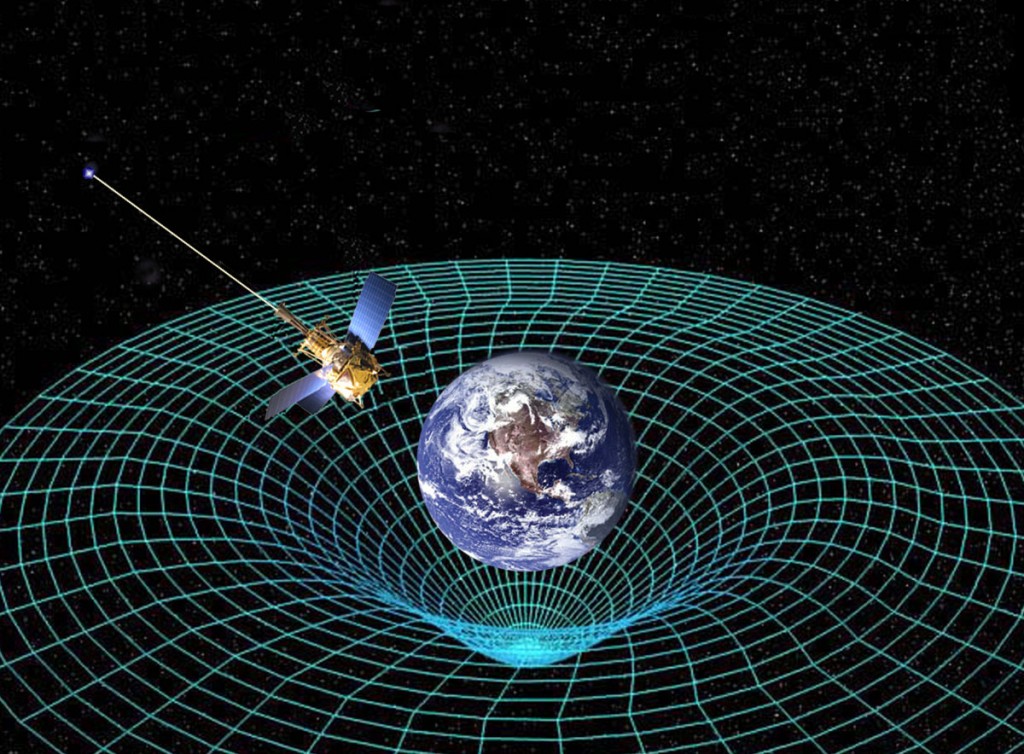Gravity is a natural occurrence in which physical objects are attracted toward one another. This attraction is proportional to the objects' masses. Since the mass of each planet is different, the gravitational pull on an object will be different on each planet as well. Hence, an individual's weight would vary depending on what planet they are on. Below is a list of the gravitational pulls of each planet from strongest to weakest.
1. Jupiter has an incredible gravitational pull of 24.79 m/s2. This is nearly 2.53 times the gravity of what we experience here on planet Earth. If you weighed 100 lbs on Earth you would weigh 236.4 lbs on Jupiter.
2. Neptune has a gravitational pull of 11.15 m/s2 compared to Earth's pull of 9.81 m/s2. An individual weighing 100 lbs on Earth would weigh 112.5 lbs on Neptune.
3. The planet Saturn has a gravitational pull of 10.44 m/s2. A human weighing 100 lbs on Earth would weigh an additional 6.4 lbs on Saturn.
4. Our home planet of Earth has a gravitational pull of 9.81 m/s2. If the gravitational force was cut in half, objects would fall at half the speed that they currently do.
5. Venus has a slightly lower gravity than Earth with a pull of 8.87 m/s2. If you weighed 100 lbs on Earth you would weigh in at 90.7 lbs on Venus.
6. Uranus' gravitational pull of 8.69 m/s2 is very close to that of Venus. Similarly, if you weighed 100 lbs on Earth you would weigh 88.9 lbs on Uranus.
7. Mars has a very low gravitational pull of only 3.71 m/s2. If you weigh 100 lbs on Earth you would only come in around 38 lbs on the red planet.
8. At 3.7 m/s2, Mercury's gravitational pull almost exactly the same as that of Mars. Someone weighing 100 lbs on Earth would only weigh 38 lbs on Mercury. Gravity on Mercury is therefore 2.65 times less than what we experience here on Earth.

